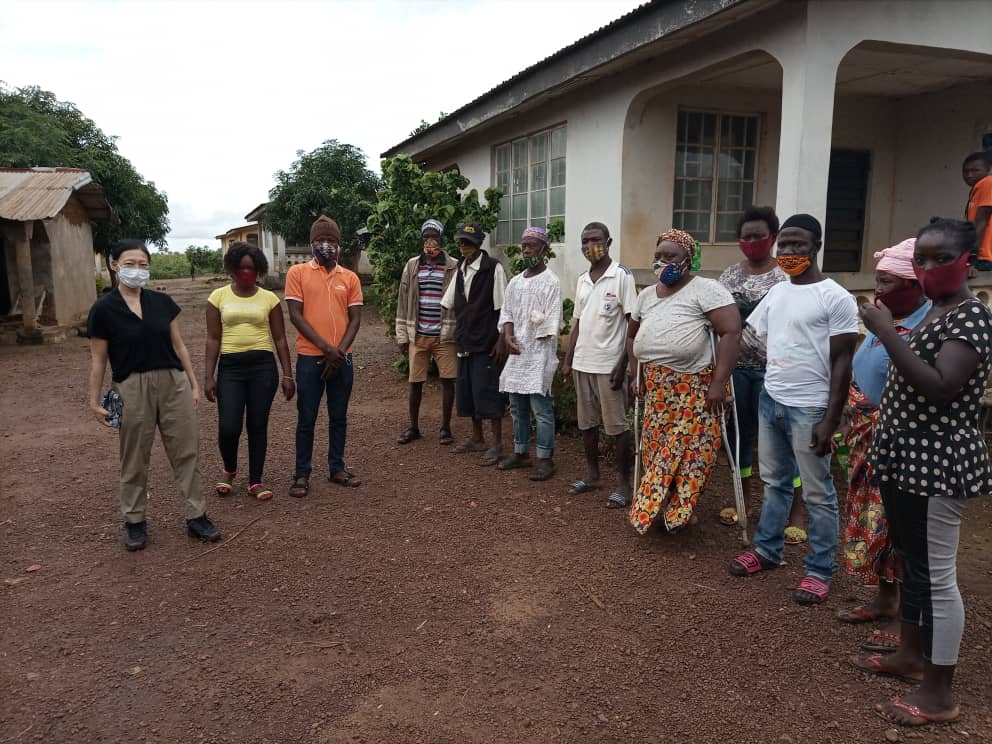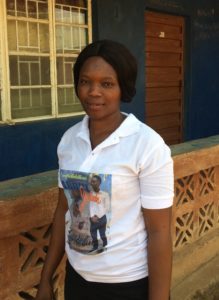“There is something underneath” is a comment heard too often in Sierra Leone, when people encounter someone with epilepsy or mental health issues or an Ebola survivor. What they mean is that there must be a demon or witch causing the affliction; a curse rather than a medical condition.
Not that the rest of the world is immune to superstition: 80% of high-rise buildings have no 13th floor; airlines routinely skip the 13th aisle and hotels often avoid giving rooms the number 13. And anyone familiar with Chinese society knows the importance of auspicious numbers and symbols.
The International Journal of Psychology and Behavioural Science reports that superstition can relieve anxiety about the unknown, giving people a sense of control over their lives. It is especially prevalent, they say, in conditions of insecurity, fear, threat or lack of confidence. That seems to be an accurate description of societies dealing with the aftermath of conflict and pandemic, just as Sierra Leone is.
What Are We Doing About It?
The World Health Organisation has made community-based mental health care one of its main health issues to track in 2021. Network for Africa reached this same conclusion years ago. We train local people to become peer support counsellors, helping those with mental health issues through talk therapy, by teaching self-care and exercises allowing the management of trauma.
But we also recognise that people with problems will feel isolated and stigmatised so long as their society regards them as cursed. For this reason, we have spent years providing public education meetings, presenting medical facts, and challenging superstition with evidence.

We bring people with mental illnesses or epilepsy together with members of their families and communities, creating the space for greater understanding. And we also train local chiefs and health workers, equipping them with the knowledge to identify people who are suffering, to refer them to get the right help, and to crush the spread of harmful superstition.
One of our local team of social workers in Port Loko is Fatmata Matilda. She enjoys running education sessions.

When I go to the community – the Village Welfare Committee, the Child Welfare Committee – these structures know their own communities best, and their problems. I like being able to work with them to educate them about mental illness, to make sure they’re friendly with those with mental illnesses. I can talk with them to help them stop neglecting people with mental illness. They’ve learned a lot from me. They now mingle with mental illness sufferers – whereas they used to avoid such people, especially those who have fits.
What We Need
We know that our approach works well, and it is cost effective because it depends on local people, rather than imported experts. It will also last long after we have gone precisely because we have trained local people to provide the services so desperately needed. However, we are restricted because of a shortage of funding. Any donation, however modest, helps us do our work. We are hoping to raise £30,000 or $40,000 for this project. Thank you for your support.
Supporting Mental Health in Port Loko